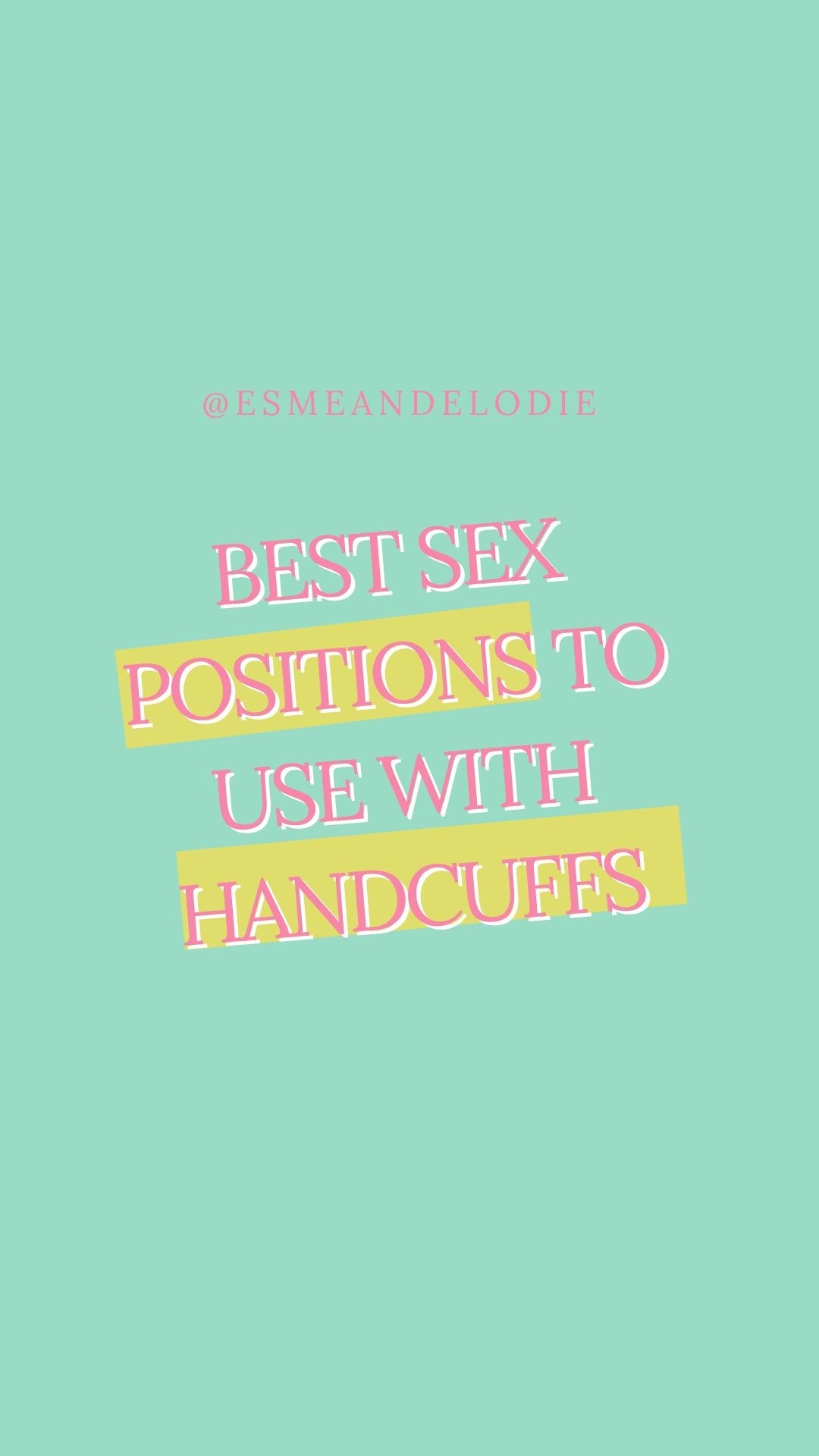The Art of Shibari: Why Women Should Embrace Rope, Release Control, and Rediscover Connection
Introduction: What is Shibari really about?

At first glance, Shibari might seem like a practice reserved for glossy magazine spreads or niche art galleries. But in reality, this ancient Japanese rope art is finding new meaning in women’s wellness and empowerment spaces. Shibari isn’t just about aesthetics or erotica; it’s a mindful practice that fosters trust, self-awareness, and emotional release.
If you’re a woman constantly juggling work, family, relationships, and personal growth, Shibari might be the unexpected tool you didn’t know you needed. Here’s why.
Why Women Should Explore Shibari
1. Learning to Release Control
Women are often placed in roles where control and multitasking become second nature. Shibari offers a structured, beautiful way to consciously let go. Being tied requires trust—in a partner or in yourself if you practice self-tying. This act of surrender can be profoundly healing.
2. Body Awareness and Self-Connection
Shibari isn’t just about the rope—it’s about how the rope feels on your body. The practice slows you down, reconnecting you to physical sensations. You notice breath, skin, tension, and release. This somatic focus brings women back into their bodies in a positive, non-judgmental way.
3. Empowerment Through Vulnerability
Allowing yourself to be vulnerable is often mistaken for weakness, but real empowerment lies in choosing vulnerability. Shibari lets women experience this safely. When practiced with intention and consent, it becomes a space where vulnerability and strength co-exist.
4. Creative Expression
Shibari isn’t only about feeling; it’s about creating. The knots, patterns, and shapes formed by rope turn the body into living art. Many women discover a deep sense of pride and creativity through this practice, whether as the artist or the canvas.
5. Building Deeper Connections
Practicing Shibari with a partner requires trust and communication. It opens doors to new types of intimacy, emphasizing presence and mutual respect over speed or outcome. For single women, self-tying can also foster a unique form of self-intimacy.
 Join Us for an Upcoming Shibari Event
Join Us for an Upcoming Shibari Event
Ready to trade in your stress for some rope and real talk? Esme and Elodie is hosting our next Shibari for Beginners event this month! Spaces are limited, and these events tend to fill up fast.
Event Details:
-
Where: Esme and Elodie 710 S. 3rd Street, Renton, WA
-
When: Friday October 3rd- 7-9PM
-
What to Bring: Just yourself and an open mind—we’ll handle the rest.
Real Women, Real Experiences
At Esme and Elodie, we’ve spoken with countless women who practice Shibari as part of their wellness routines. Some are busy professionals looking for an offbeat stress relief method. Others are creatives seeking a fresh outlet for expression. Across the board, they describe Shibari as calming, confidence-boosting, and unexpectedly joyful.
What to Expect at a Shibari Workshop
If you’re new to the practice, stepping into a Shibari workshop might feel intimidating. At Esme and Elodie, our goal is to make the experience approachable, safe, and inclusive.
Our Shibari events focus on:
-
Consent and safety basics
-
Rope handling and beginner ties
-
Body awareness and mindfulness techniques
-
Creative knot work
-
Building community with like-minded women
You don’t need prior experience, and you certainly don’t need to come with a partner. Many women attend solo, looking for new skills and personal growth.
Debunking Common Misconceptions
-
Is Shibari only sexual? While Shibari can be sensual, it doesn’t have to be. It’s also a form of meditative practice and artistic expression.
-
Do I have to be super flexible or fit? Not at all. Shibari is adaptable to all body types and skill levels.
-
Is it dangerous? When practiced responsibly and with the right guidance, Shibari is safe. That’s why we emphasize consent, communication, and education at our events.
-
Reserve your spot today and experience the art of Shibari in a supportive, empowering environment. Trust us: it’s not just knots; it’s a whole new way to reconnect with yourself.









Leave a comment